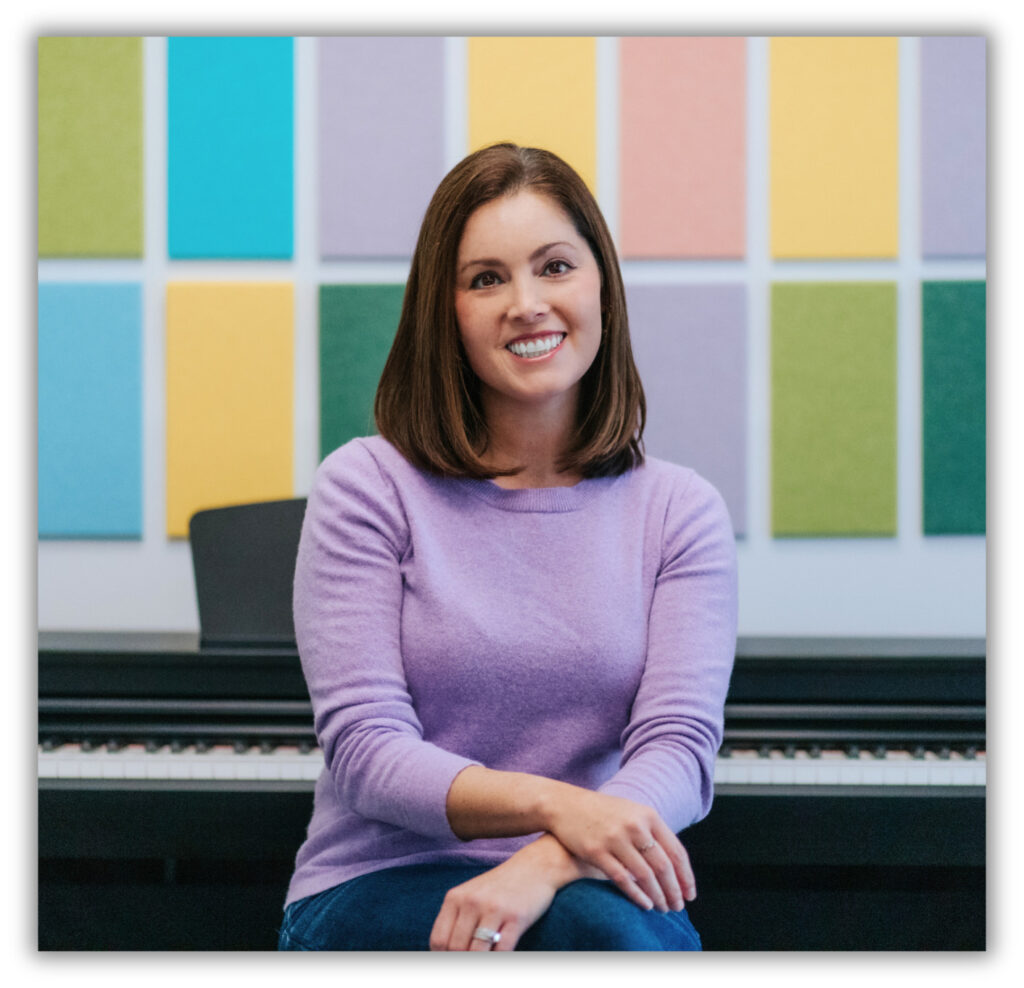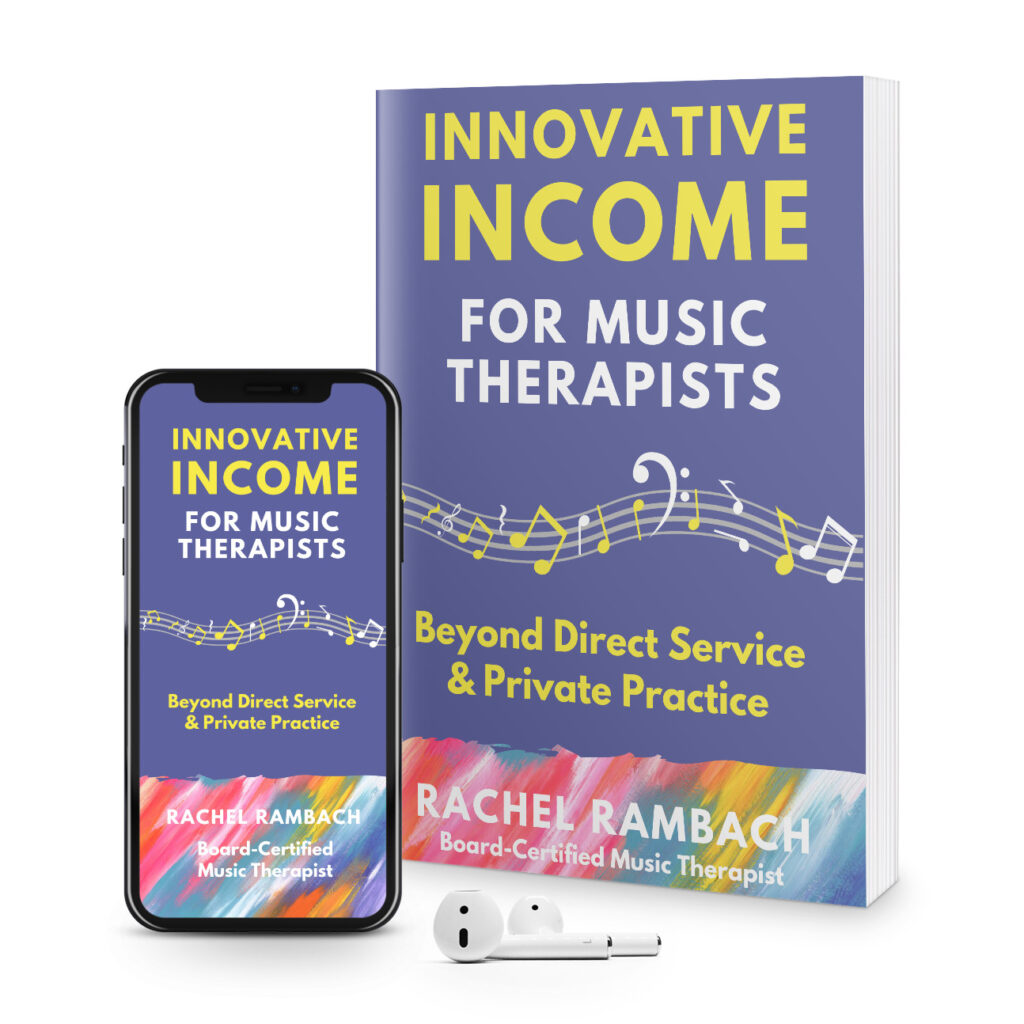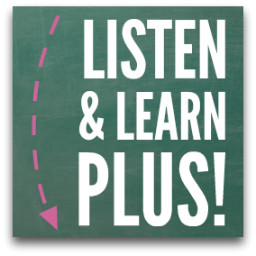If only we could go back in time and do certain things over again, knowing what we know now. Better yet, having the resources we have now. The years I spent in graduate school studying music therapy (2004-2006) seem like ages ago; SO much has changed in our field, in technology, and the world as we know it.
Recently I’ve received a few emails from students preparing to begin their music therapy studies, and this is the most common question: “What can I do while I’m in school to prepare my career as a music therapist?”
It’s fun to put myself in their shoes and — armed with the knowledge and experience I’ve gained after being in the field for all these years — come up with a list of all the things I’d do as a music therapy student in 2014.
- Start your digital music collection. And by digital music, I don’t mean audio files; I’m talking sheet music, lead sheets, and scores. If possible, purchase in digital form (I love musicnotes.com) so you don’t have to spend half your life scanning. Been there, done that, no fun.
- Find a music reader app that works for you. As a music therapy student/intern/professional, you will most likely have an iPad or similar tablet device on which to access your music. I use a combination of GigBook, the Musicnotes app, and Ultimate Guitar depending on the song type and the context in which I’m using it.
- Play, play, play that guitar. I didn’t even pick one up until the summer before I left for grad school, and after I learned the basics, I only played when I had to. Big mistake. I was able to muddle my way through practicums using my limited guitar skills, but I really had to buckle down when I started my internship. The best way to motivate yourself is to choose songs you really want to learn for yourself, not just the songs you have to learn. That being said…
- Learn and memorize the basic repertoire. There is a pretty universal set of songs for each population that you’ll need to know and play fluently, so save yourself the stress and just go ahead and learn them. Your professor probably has lists, or you can find them on various music therapy sites online. A few years ago, I made a list of music therapy songs I think everyone should know.
- Know your piano chords and be able to play from a lead sheet. Yes, everyone has to take keyboard skills as part of the curriculum, but those classes won’t necessarily prepare you for when a client wants you to play his or her favorite song on the radio without ever having heard it. I strengthened my keyboard and improv skills by choosing songs I know and like, finding the lead sheets (lyrics and chords only) on my Ultimate Guitar app, and then accompanying myself while singing.
- Write your own songs. I cringe when I think about how much time I wasted searching for songs and material to use in my practicums during grad school. Why didn’t I just come up with my own? The only way to become a great songwriter is through lots and lots of practice, so get to work.
- Get as much hands-on experience as you possibly can. Offer to volunteer at practicum sites and ask your professor how you can get involved with/assist/observe other music therapists in the area. Not only is this great for resume-building when it comes time to apply for internships, but it will also help you get a better idea about which population you want to work with in the future.
- Ask for instruments and materials as gifts. This is one thing I actually did start doing as a student, and I’m so glad I did. Each Christmas and birthday, I would make a wish list of music therapy equipment, and by the time I headed off to internship, I had a trunk full of supplies without ever having purchased anything myself.
- Start making connections online. Reach out to the music therapists who are doing work you admire and are inspired by, whether via email, Facebook, or just reading and commenting on their blogs. You never know where these connections might lead down the road. As a professional who has been around for a while, I still love to hear from students who are interested in my work and have questions for me. It’s exciting to watch our field grow, and get to know the students who will one day be our colleagues.
Fellow music therapy professionals: what would YOU add to this list? Please share in the comments. And if you’re a music therapy student, I envy you just a little for having so many resources and pieces of technology at your fingertips!









Thank you so much for the helpful tips!
My pleasure, Alison! I’m glad you found them helpful :)
Thanks so much for this and for linking back to your list of essential songs – which I had missed. I teach guitar methods classes for music therapy majors at Ohio University, but I’m not a music therapist myself so I don’t always know if the songs I choose to use as teaching tools are applicable in therapy situations. Seems like I was pretty much on target though your list has given me some new ideas!
Quick question, do you do most popular songs (take “Hey Jude” or “Let it Be” for example) in the original keys or modify them to fit your vocal range or playing ability? I make sure my students are capable of using barre chords, but also encourage them to transpose or use capos if it makes things easier. IMHO It also usually results in a more natural, guitaristic sound for most songs unless you’re covering an artist like Jack Johnson that just tends to use tones of barre chords and dead strums.
Hi John! You’re welcome — I’m glad you were able to come away with some new ideas from my song list! I absolutely agree with you; if transposing or using a capo makes playing more natural or comfortable for the music therapist, he/she in turn will be able to put more focus on the client rather than concentrating on their playing. So in most cases, I don’t worry so much about using the original key and instead choose the one that is best for my/the client’s voice.
Excellent list, especially since i’m studying music therapy now!
I’ve also linked to this page from my blog: https://facemusicblog.wordpress.com/prepare
Thanks
Ed